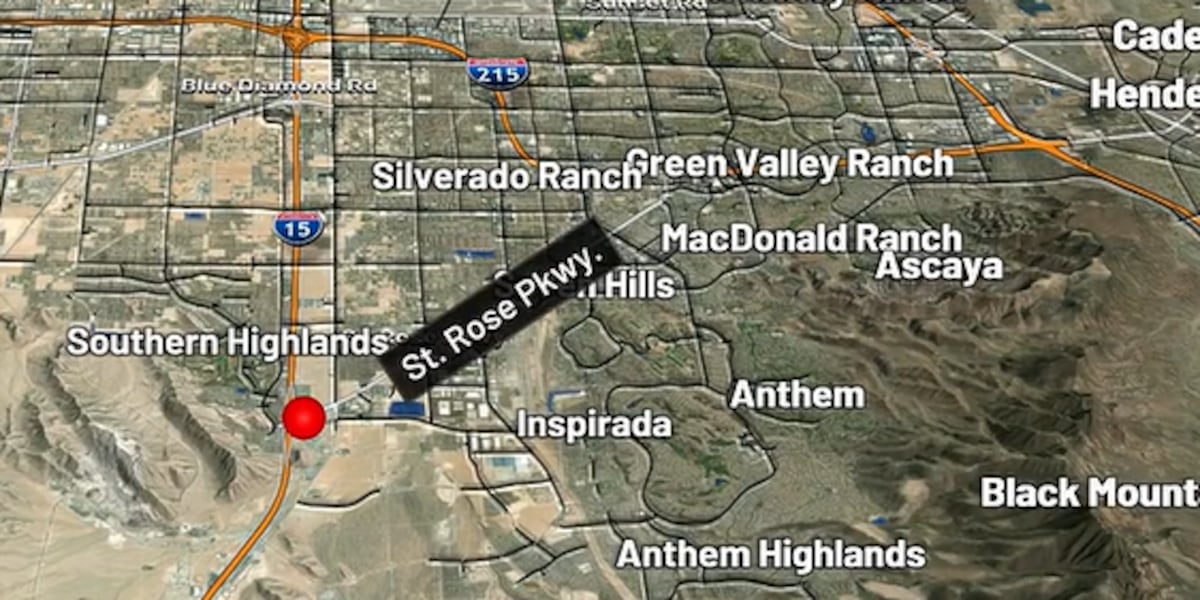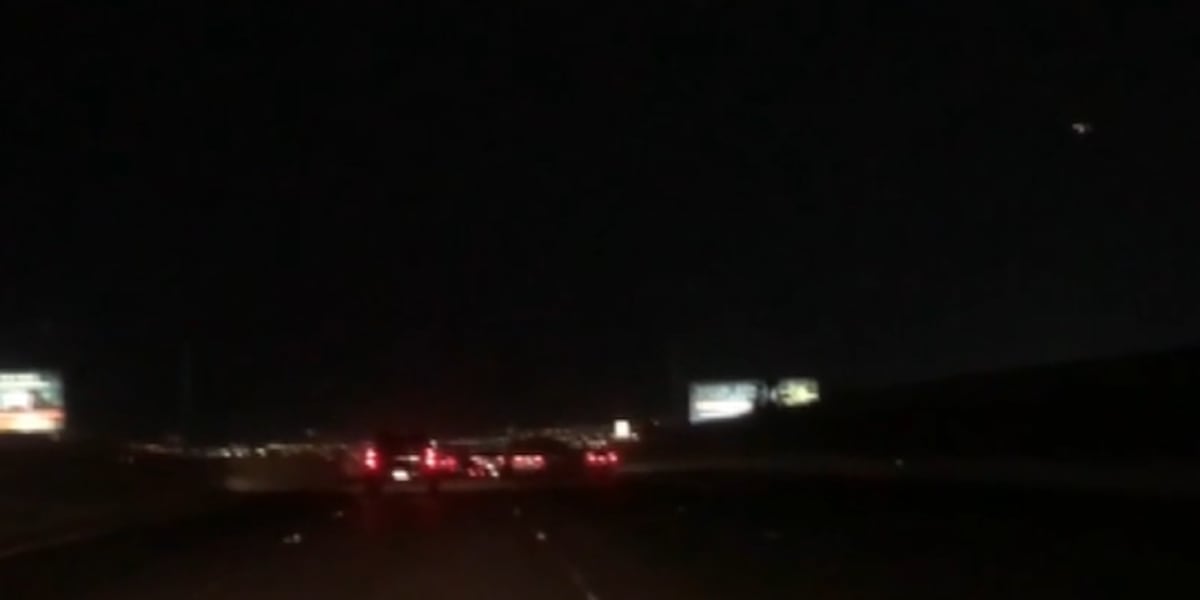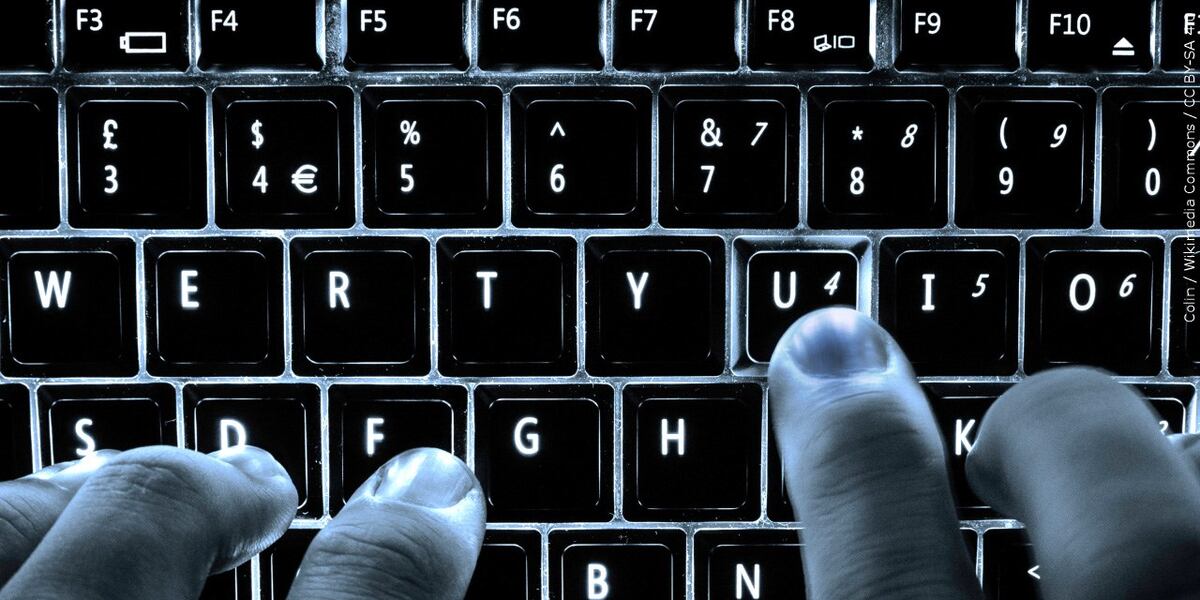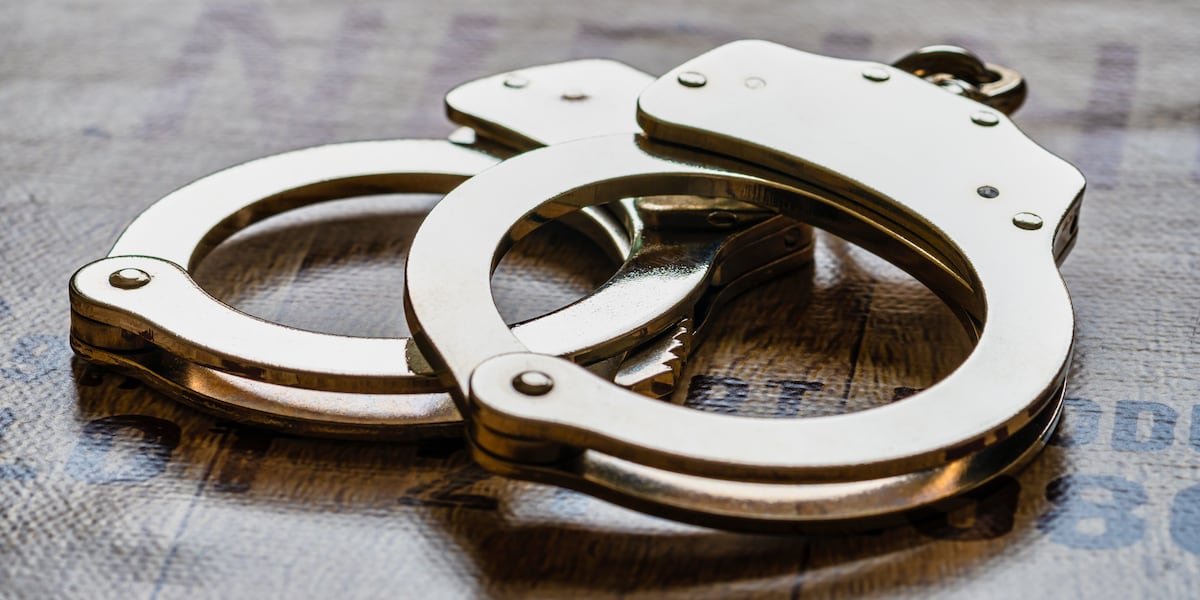RENO, Nev. (AP) — The long-simmering debate over school choice in Nevada will hit a pivotal moment Wednesday, when the state’s Interim Finance Committee decides whether to use unallocated federal money to replace dried-up funds for a private school scholarship program pushed by the Republican governor but rejected by legislative Democrats.
It’s a last-ditch effort by Gov. Joe Lombardo to pass a remnant of his landmark school choice priority in Nevada’s increasingly rare split-party government. Instead of expanding the program in both funding and eligibility, Lombardo now is looking to maintain the program at previous levels.
Lombardo originally wanted to expand eligibility and provide an additional $50 million for the state’s Opportunity Scholarship program, passed by the Republican-controlled Legislature in 2015, that allows businesses to receive tax credits on donations that go toward the private and religious school tuitions of mostly low-income students.
With that proposal dead, Lombardo is seeking $3.2 million in unallocated federal coronavirus relief funds to maintain existing scholarships that his office says will soon run out. Lombardo’s spokesperson Elizabeth Ray said nearly 800 students could be forced to switch schools without additional funding.
“Traditional public schools are not and should not be the only option,” said Lombardo, who stood with parents and children who support school choice at a rally last week.
Usually opposed by teachers unions and Democrats, school choice generally refers to taxpayer-funded programs to fund or expand access to other educational options including private or charter schools, home-schooling or hybrid models, though it can take many forms.
Proponents of school choice say it gives students more options, especially for those who don’t benefit from traditional public schools. Democratic lawmakers warn that using public funds for private schools will gut already resource-strapped public schools. The arguments in Nevada mirror the national debate echoing across statehouses across the country.
Using federal coronavirus relief money to advance school choice is not without precedent. Republican governors in Tennessee, Arizona and Oklahoma used federal money with few strings attached but generally meant to help schools “most significantly impacted by coronavirus” to launch charter schools, expand private school vouchers and fund scholarships for low-income students attending private schools.
The school choice debate is particularly potent in Nevada, which has amplified divisions between the relatively moderate Republican governor and the Democratic-controlled Legislature. The state ranks toward the bottom of national rankings in per-pupil funding. Urban and rural schools face teacher shortages, underfunding, aging infrastructure and overcrowded classrooms.
Wednesday’s meeting could see the same partisan debate that has engulfed the Opportunity Scholarship program since January. The committee is split 15-7 in favor of Democrats, and a back-and-forth has already emerged over the history of the negotiations.
Democratic Assembly Speaker Steve Yeager and Senate Majority Leader Nicole Cannizzaro said restoring scholarship funding was never part of negotiations during the recent legislative session — Lombardo only put the program’s expansion on the table.
“I would have loved to have that discussion during session … but now we’re left with a take-it-or-leave-it,” Yeager said at a news conference last week.
Ray, Lombardo’s spokesperson, said in a statement that Democratic leadership “decided to intentionally misremember the end of the legislative session” when the governor’s chief of staff, Ben Kieckhefer, offered that option in a compromise.
“It’s unfortunate that Democratic ‘leaders’ are running from their actions now that they see the actual consequences on children and families,” Ray said in the statement.
The committee sent a three-page letter to Lombardo’s team asking him to answer several questions by Wednesday’s meeting, including how many students could lose their opportunity scholarships and the price tag. A report from the 2022-2023 academic year also shows that the program took in $3.8 million more in donations than was spent, which is supposed to roll over to the next year. The letter also asks how much in funding this year stems from unspent funding last year.
Lombardo and Democrats both agreed on an unprecedented $2 billion in public school funding that helps lift it from the bottom of per-pupil funding rankings but still puts it below average when compared with other states. Still, Democrats have knocked Lombardo for vetoing bills that would have provided funding for free school meals and expanded summer school.
Copyright 2023 The Associated Press. All rights reserved.


/cloudfront-us-east-1.images.arcpublishing.com/gray/T3FTLPG2JZGHNLLBGQELGOGTRQ.JPG)


